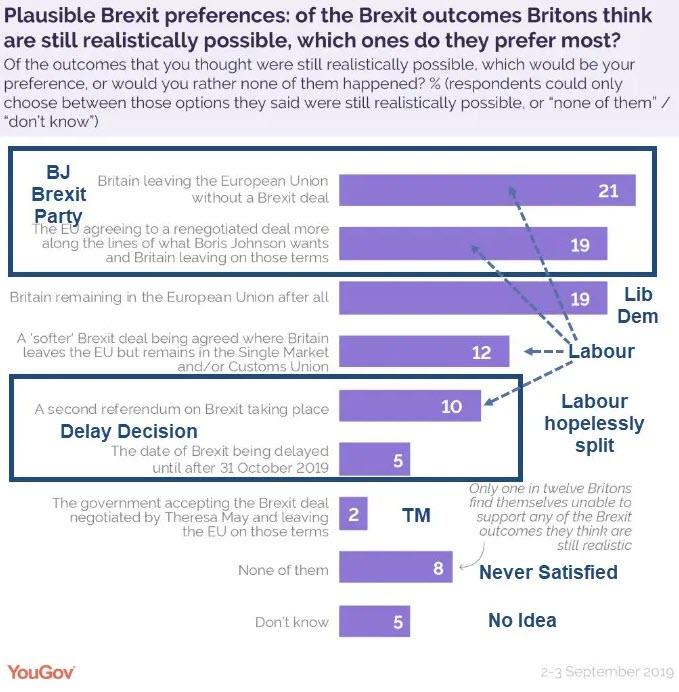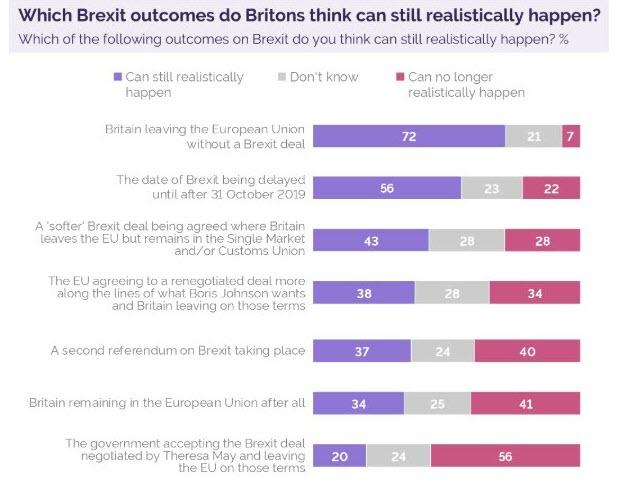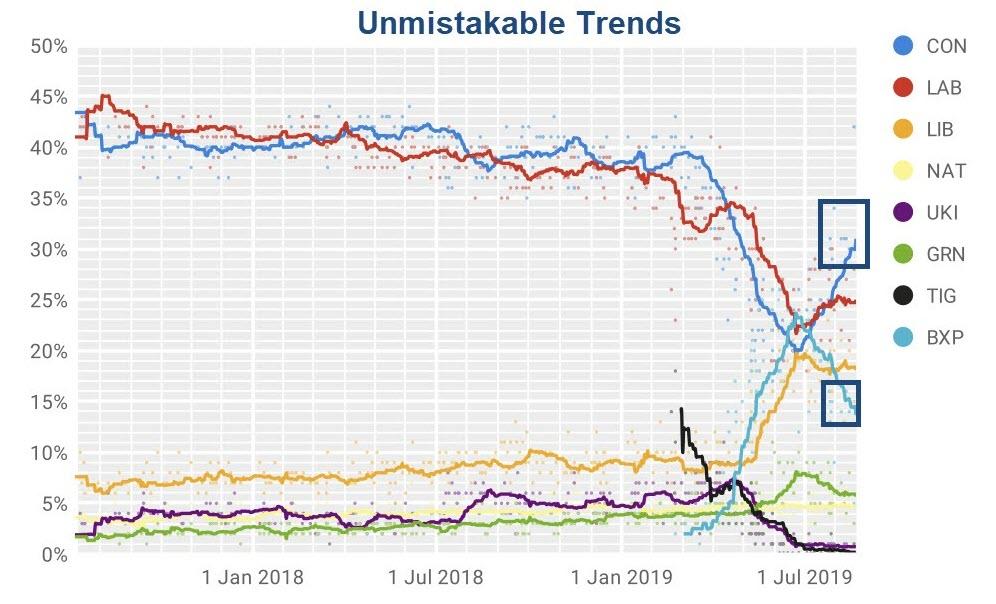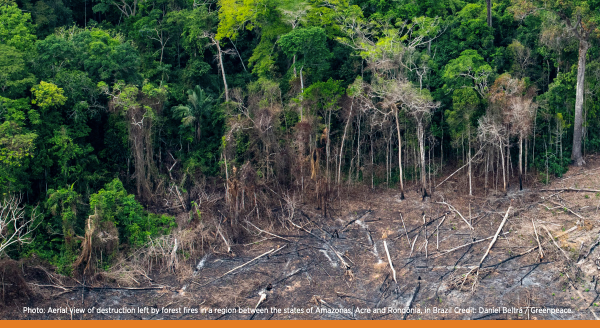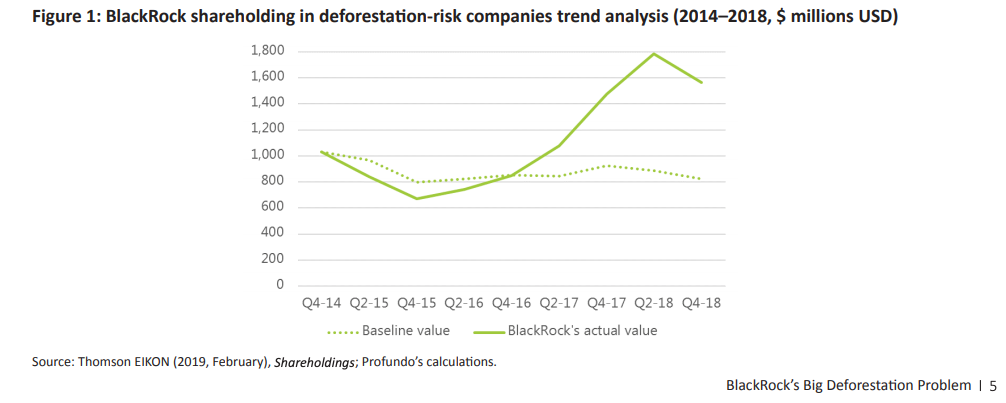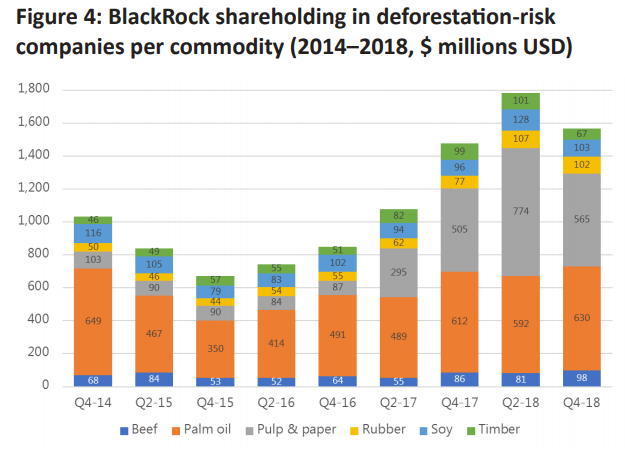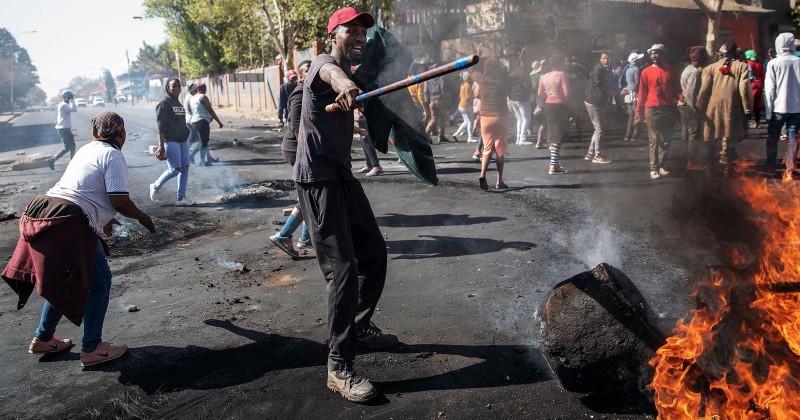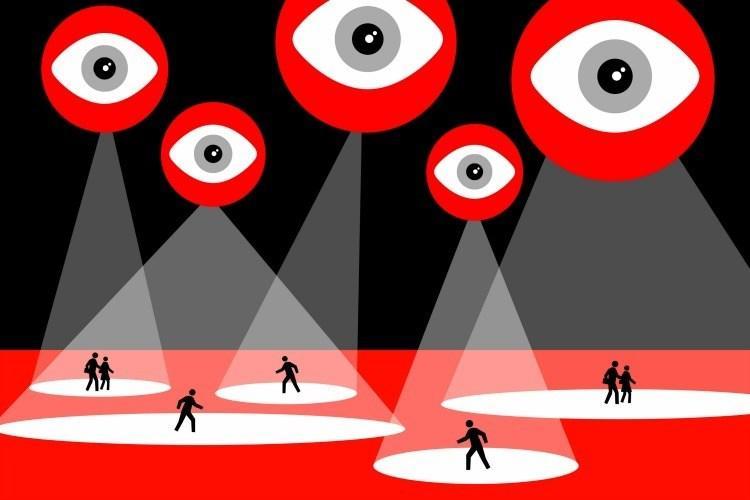Last month, Washington State regulators announced they were banning the sale of foods containing CBD—short for cannabidiol—an active ingredient in cannabis.
“Recent federal and state legislative changes regarding hemp have generated many questions about cannabinoid extracts, like CBD, and whether or not they may be used as ingredients in food products,” the Washington State Dept. of Agriculture announced. “To be clear, CBD is not currently allowed as a food ingredient, under federal and state law.”
Washington joins California and several other states in adopting such a ban. Why the fuss over CBD? After all, CBD is not THC. According to a World Health Organization fact sheet, CBD is “very unlikely” to make you any higher than, say, hemp waffles would.
Washington State’s ban also seems unlikely to reduce access to CBD products. For example, it doesn’t impact licensed cannabis retailers in the state, who can continue to sell CBD products alongside cannabis-derived products that are intended to get you high.
What’s more, it’s not clear even if the Washington State ban will impact retailers—such as grocers and convenience stores—that don’t have licenses to sell cannabis products. In part, that’s because state regulators say they’ll avoid a widespread crackdown on sales.
“As processors and distributors learn that this is not legal either federally or within the state, most of them will do the right thing and figure out a way to come into compliance around that,” Steve Fuller, an official with the Washington State Department of Agriculture, told cannabis website Leafly last week.
But it’s also a testament to just how widespread sales of CBD products are now, and how incredibly difficult it would be for the state to halt those sales. CBD products, unheard of even a couple of years ago, are now sold in grocery stores, pharmacies, convenience stores, and gas stations in Washington State and around the country.
“Other jurisdictions banning CBD ingredients have had negligible to little success in keeping consumers at bay,” reports Cannabis Radar, a cannabis news website. “And enforcement officials in Washington are signaling that the prohibition efforts will be implemented in a gentle, informative and educative manner rather than a hard crackdown on all products at once.”
Sure enough, I went to my local Seattle-area grocer this week and found a range of CBD food products remain on sale. (I saw similar products for sale at other grocers this week.) The community engagement staffer I spoke with at the grocer (which I’m choosing not to name so as to protect them from the glare of federal and state regulators), was completely unaware of the ban. The staffer even handed me a free sample of a “hemp flower CBD shot” while we talked.
It’s clear CBD regulations are a mess right now. They’re confusing, changing, and often seemingly at odds with each other and themselves. While Washington State, California, and other states deserve some of the blame for that, most of the fault lies with the Food and Drug Administration (FDA).
As the Washington Post noted in June, the current regulatory confusion around CBD begins with the FDA, which ostensibly regulates most of the foods to which CBD is or could be added. The agency is pondering rules. And when I say pondering I mean pondering.
“Experts say drafting and implementing regulations could take years,” the Post reported.
The agency’s indecisiveness trickles down. States that have banned CBD products typically “cit[e] the FDA’s stance” as the basis for their actions.
Coincidence or not, Washington State’s move against CBD came just two days after former FDA Commissioner Scott Gottlieb penned an op-ed in the Washington Post that urged the agency he led until earlier this year to put a halt to CBD sales until, well, TBD.
“Under current law, CBD is permitted in food or dietary supplements only if the FDA issues a regulation allowing its use,” Gottlieb writes. “This is a multiyear process subject to notice and comment, requiring a substantial amount of scientific data that the FDA must evaluate.” More pondering.
As Gottlieb’s recommendation suggests, “FDA” may as well stand for “Foot-Dragging Agency.”
But that’s not all that’s wrong with Gottlieb’s stance (or that of the agency he led). Gottlieb also urges the FDA to act in order “to make sure commercial interests don’t strip away any legitimate value that the compound [CBD] might have.”
That’s an awful statement that’s worth parsing for at least three reasons. First, Gottlieb, now a consultant for pharmaceutical companies, finds something potentially nefarious with “commercial interests” who market CBD products. Second, Gottlieb positions the FDA as the bulwark against these disreputable commercial interests. (For many reasons, including this one, it’s not.) Third, Gottlieb’s reference to “any legitimate value [CBDs] might have” is a clear attempt to minimize the benefits CBD has already been shown, through research, to possess.
Where do we go from here? What’s a just outcome for CBD products and those who buy and sell them?
If the FDA wants to take years to study CBD or to crack down on fishy claims made by a few CBD sellers, then it can and should do so. In the meantime, though, the agency should let states allow any and all CBD sales those states wish to permit. States, meanwhile—particularly those that have already legalized recreational cannabis—should stop appeasing (and mimicking) the FDA’s outrageous stall tactics on CBD.
from Latest – Reason.com https://ift.tt/2PPGM3l
via IFTTT
